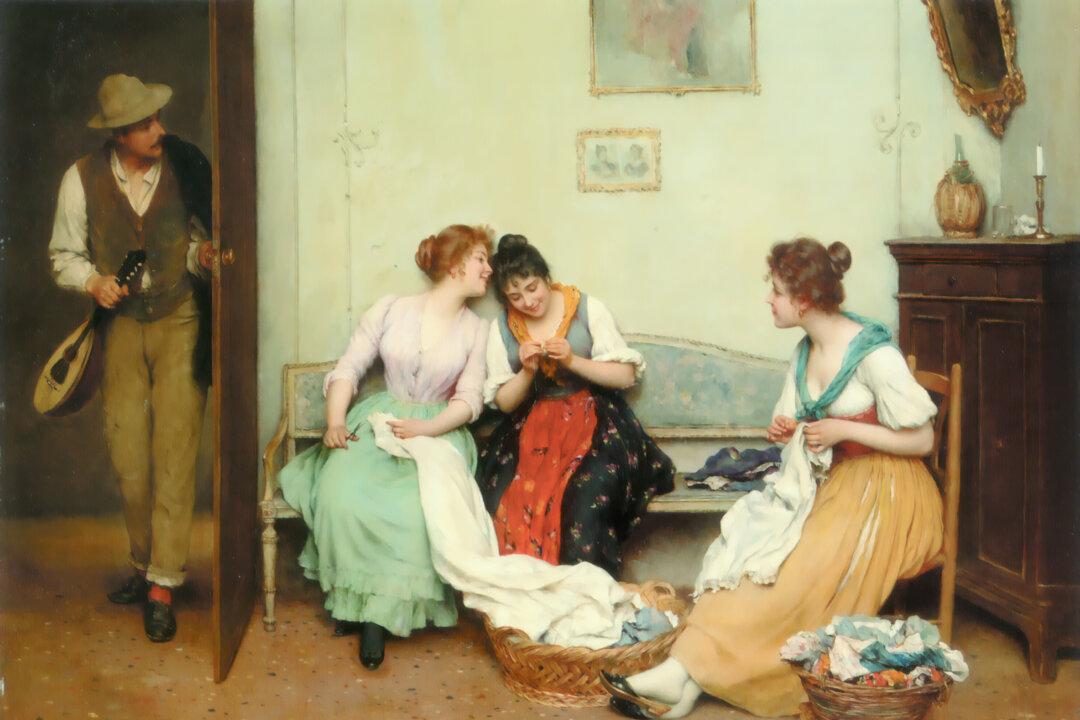Conversation thrives when friends and family gather. It fills the room and echoes against the walls.
In his short story, “Alice Addertongue,“ Benjamin Franklin shows the need for constructive, positive, and kind words. Writing to a local gazette under the pseudonym ”Alice Addertongue,” Franklin satirically praises slander and its benefits. In doing so, he demonstrates how it ruins people and why it should be avoided.






